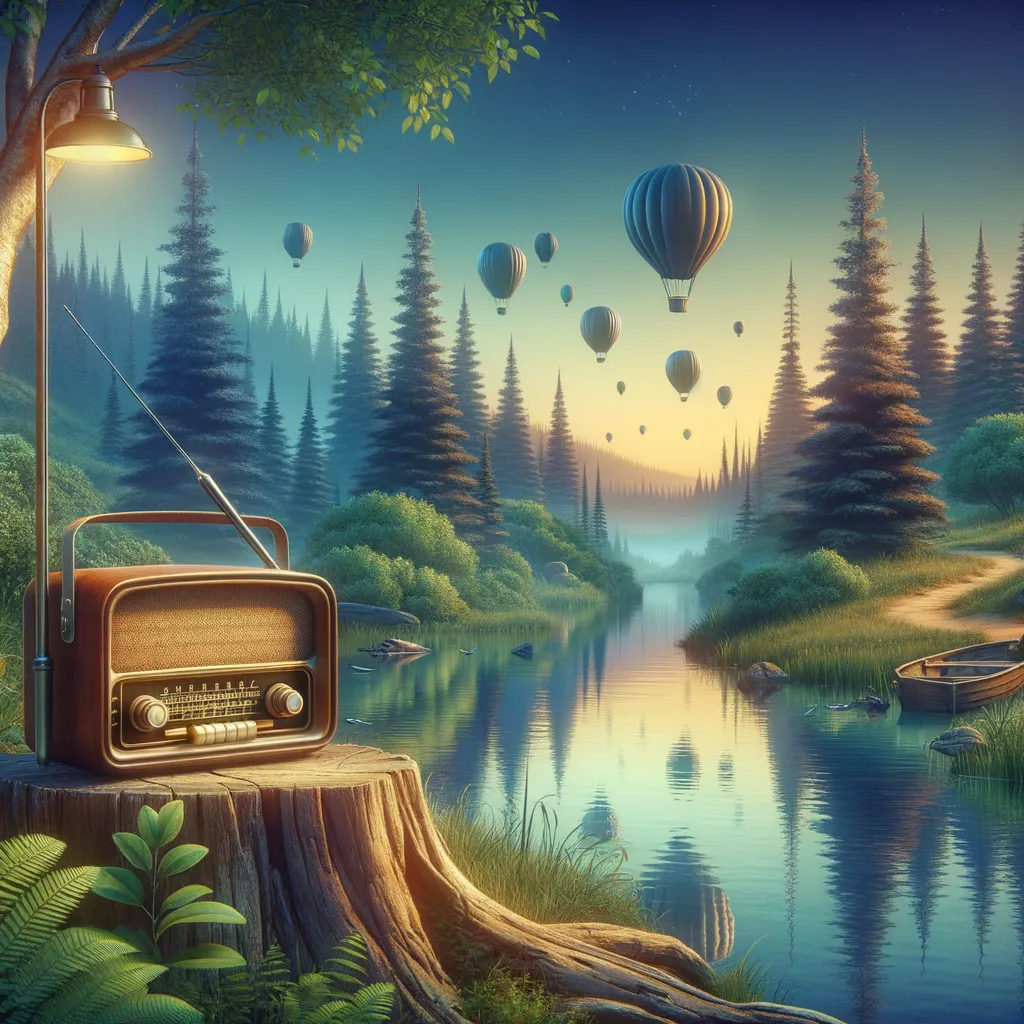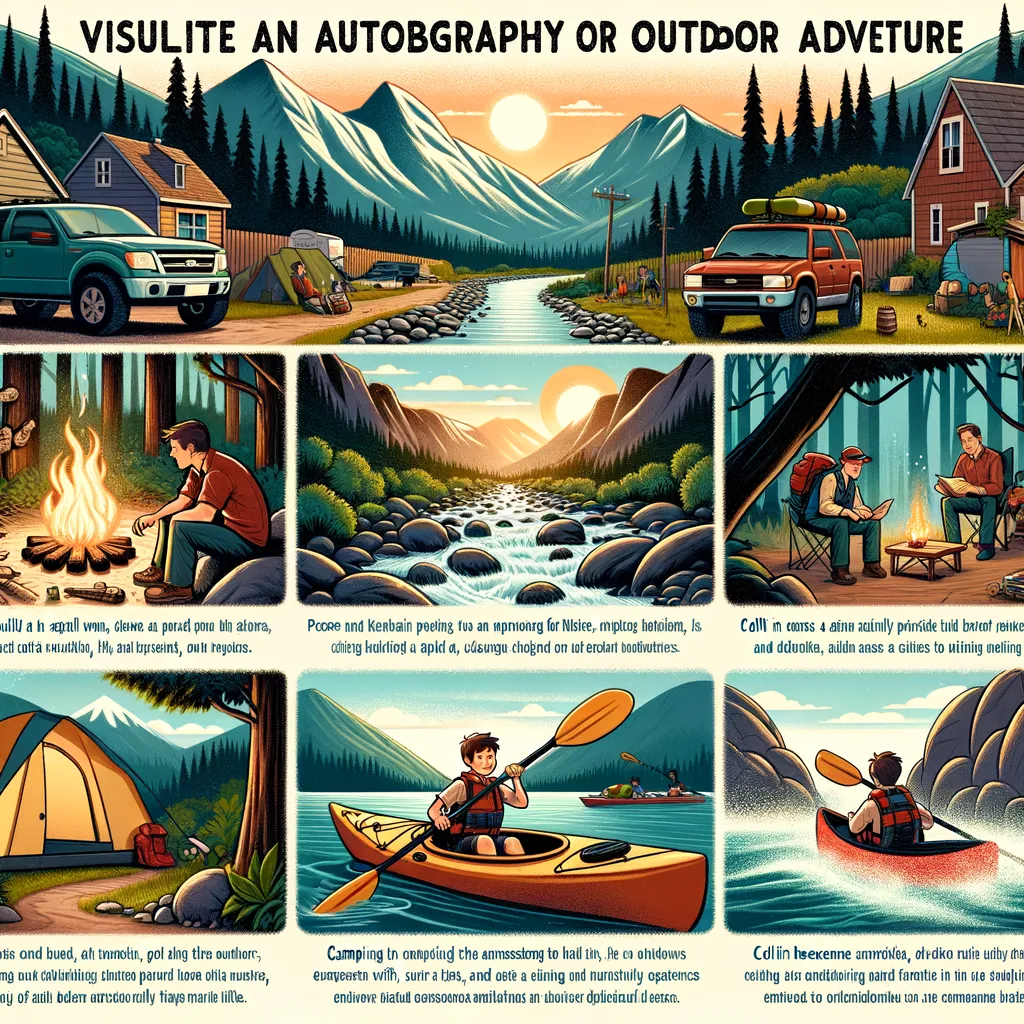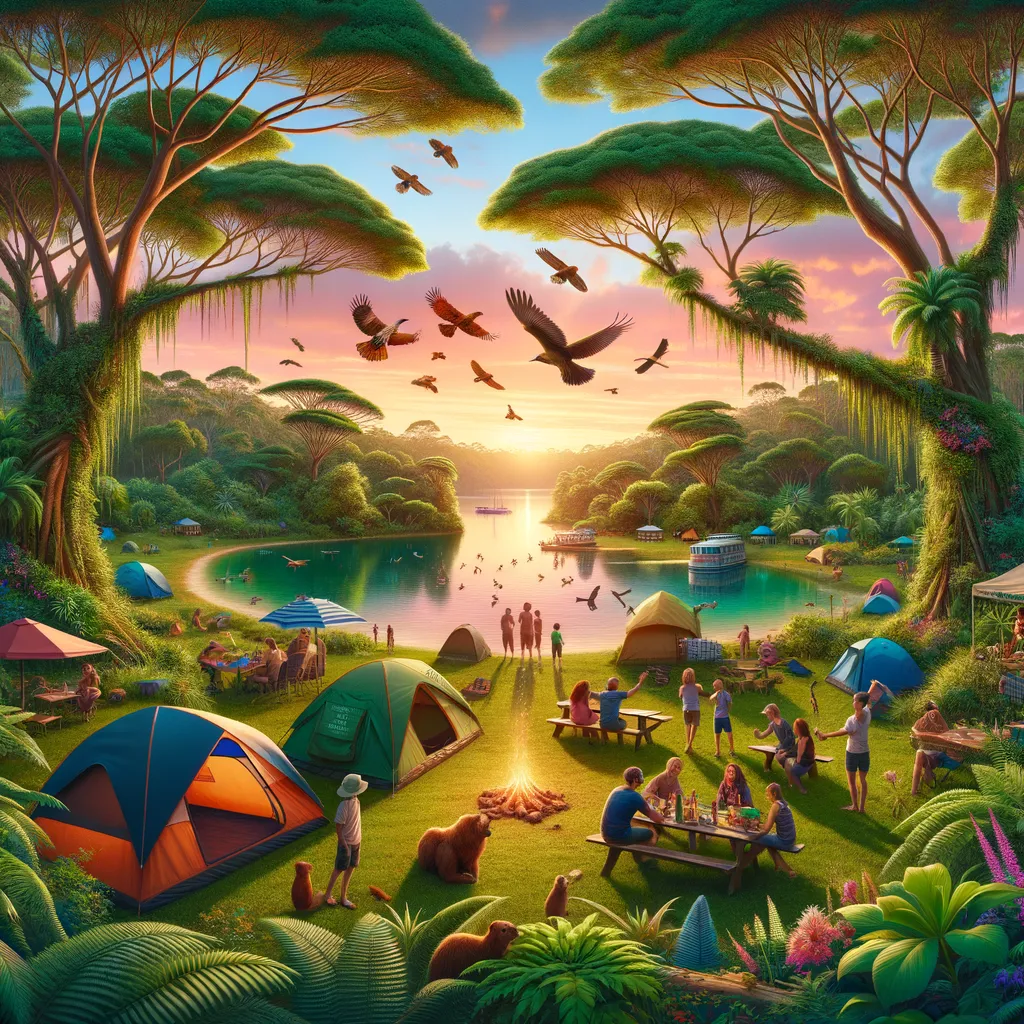Unlocking Adventure Through the Airwaves: How Early Radio Shows Sparked Imaginations
Welcome, adventurous parents and guardians! In today’s digital world, where screens dominate our lives and those of our children, let’s take a nostalgic journey back to the golden age of radio. This guide explores how early radio shows were not just means of entertainment but a spark for imagination and adventure in the great Outdoors. So, grab your favorite camping gear and let’s dive into a time when stories were told through sound, igniting the imaginations of countless listeners and inspiring adventure in the hearts of families just like yours.
Before the advent of television, radio was the main source of entertainment and news. Families would gather around the radio, much like we cluster around our TVs today, to listen to their favorite radio shows. From thrilling mysteries and exciting adventures to hilarious comedies and fascinating science-fiction stories, early radio shows offered something for everyone. It wasn’t just entertainment; it was a communal experience that brought families together and took listeners on journeys to far-off places, all from the comfort of their living rooms.
Shows like The Shadow, The Lone Ranger, and Jack Armstrong, the All-American Boy were more than just stories; they were the fuel for the adventurous spirit. Listening to these tales of heroism, exploration, and mystery, children learned to imagine worlds beyond their immediate surroundings. These shows encouraged outdoor activities, promoting a lifestyle of exploration and adventure, paralleling the themes found in today’s camp places that you can explore at Camp places.
The impact of early radio shows on the minds and hearts of young listeners cannot be overstated. They not only entertained but also educated, instilled values, and, most importantly, inspired action. Kids of the era, equipped with the vivid imaginations instilled by radio tales, would venture outside, exploring their neighborhoods, pretending to be daring detectives, fearless explorers, or heroic cowboys. This spirit of adventure, encouraged by radio stories, laid the groundwork for a generation that valued creativity, curiosity, and outdoor activities. In this guide, we’ll explore how these historical broadcasts served as a catalyst for adventure, and how you, as a parent, can use this inspiration to encourage your own children to embrace the outdoors and embark on adventures of their own.
But how exactly did these radio shows inspire such a strong sense of adventure, and more importantly, how can we, in a world dominated by digital media, recapture that sense of wonder and adventure for our children? Let’s delve into the art of storytelling, the power of auditory imagination, and the ways these elements can be leveraged today to foster a love for exploration and the great outdoors in our children.
5 Key Insights for Parents on Harnessing the Adventure-Inducing Magic of Early Radio Shows
As we reflect on the golden age of radio, it’s clear that the early radio shows hold a treasure trove of benefits for fostering imagination and adventure in children. In today’s fast-paced digital environment, finding ways to inspire the same level of creativity and love for the outdoors is more important than ever. Here are five critical insights that parents should understand when preparing to introduce their children to the wonder of these auditory adventures:
1. The Power of the Spoken Word
The beauty of radio shows lies in their simplicity and the power of voice to convey stories, emotions, and settings. Unlike visual media, radio requires the listener to engage actively with the content, painting pictures in their minds of the stories unraveling before them. This act of imaginative creation can help children develop critical thinking and creativity skills. By listening to tales of adventure, children learn to imagine the scenes, characters, and actions, enhancing their creative visualization abilities.
2. Encouraging Outdoor Adventures
Early radio shows often featured characters embarking on thrilling exploits and exploring uncharted territories. These stories can serve as a fantastic catalyst for children to engage in their adventures in the real world. Parents can encourage this by planning family activities that resonate with the themes of their child’s favorite radio stories, such as camping, hiking, or a treasure hunt in the local park. It’s a perfect way to bridge the gap between the stories they hear and the real-world experiences that await them outdoors.
3. Instilling Timeless Values
Many classic radio adventures were woven around the themes of heroism, bravery, and perseverance. Characters like The Lone Ranger and Jack Armstrong exemplified qualities such as honesty, courage, and kindness. These tales offer more than just entertainment; they provide valuable life lessons. Parents can use these stories as starting points for discussions about values, character, and the importance of facing challenges with determination and integrity.
4. Reviving the Art of Listening and Family Bonding
In an era dominated by screens, the simple act of listening can be profoundly engaging and bonding for a family. Setting aside time to listen to radio shows together can create a shared experience ripe with opportunities for laughter, suspense, and anticipation. It harkens back to a time when families gathered around the radio for their evening entertainment, fostering a sense of closeness and communal storytelling. Try creating a weekly “radio night” tradition in your home, where the family can select and listen to an episode of a classic radio adventure.
5. Integrating Modern Technology with Classic Entertainment
While traditional radio sets are rare, the essence of early radio shows can still be experienced through modern means. Numerous podcasts and digital collections make these classic adventures accessible to new generations. Parents can play these recordings on contemporary devices, seamlessly blending the old with the new. This integration can help children appreciate the storytelling of the past while using media formats they are familiar with, making the experience both educational and enjoyable.
In conclusion, early radio shows offer a unique and enriching avenue for inspiring adventure, creativity, and a love for the outdoors in children. By embracing the storytelling techniques of the past, parents can create memorable learning experiences for their children that foster imagination, curiosity, and a sense of adventure that transcends the digital age. As we continue to navigate the challenges of screen time and digital overstimulation, revisiting the wonders of early radio storytelling can be an invaluable tool in encouraging children to explore the world around them with enthusiasm and wonder.
Disclaimer
The articles available via our website provide general information only and we strongly urge readers to exercise caution and conduct their own thorough research and fact-checking. The information presented should not be taken as absolute truth, and, to the maximum extent permitted by law, we will not be held liable for any inaccuracies or errors in the content. It is essential for individuals to independently verify and validate the information before making any decisions or taking any actions based on the articles.




